Are you aware of all the changes that the new ASC 606 and IFRS 15 standards will bring to your accounting practices? The new standards are completely revamping what it means for businesses to recognize their revenue, and they will take effect for publicly owned companies in 2018 and privately owned companies in 2019. With the deadline fast approaching, do you know what kind of repercussions these new accounting standards can have on your business?
In order to get you familiarized with all the new changes, we have created a series of blog posts that break down different aspects of the changes you can expect to see with ASC 606 and IFRS 15–and how the need for a powerful Quote-to-Cash platform is increasingly important for your business.
Scenario: The Retailer
Let’s take, for example, a brick-and-mortar retailer. This retailer offers a loyalty program for which every dollar a customer spends grants them one point. Once the customer reaches 1,000 points, he or she is entitled to a $50 voucher that can be used for future purchases from the retailer.
In order to appropriately recognize revenue under ASC 606 and IFRS 15 for this particular program, the retailer would need to evaluate whether the loyalty program represents a “material right,” meaning the discount for a customer meeting the requirements of the loyalty program goes beyond what is provided for a customer not participating in the program. If this is the case, then the program would become a performance obligation all on its own, and at least a portion of the transaction price could not be recognized as current sales revenue until the program voucher is expended or expires.
Obviously, in this scenario, a loyalty program is implied to be a material right. Therefore, each person who meets the requirement of the program would then essentially become his or her own instance of a performance obligation, thus deferring revenue for the retailer beyond the transaction until the voucher expires. This creates a messy situation for you if you’re a retailer who is not using a Quote-to-Cash platform to help you make sense of each line item. Non-compliance in this regard can bring some hefty fines along with it.
How Simplus Solves the Compliance Issue
Simplus has configured Salesforce Quote-to-Cash to comply with ASC 606 and IFRS 15. For example, in the Salesforce QTC platform, specific goods and services can be broken out and separated from a product bundle in the quote. This line-item breakdown ensures that you avoid lumping together disparate elements of, for example, your retail loyalty program. It is important for each item defined in your product catalog to reference a unique revenue treatment. Furthermore, as a result of using different recognition treatments built into the platform, your Quote-to-Cash system as configured by Simplus will automate your ability to deem each performance obligation as achieved upon quoting. Going forward, that means Salesforce can treat each performance obligation with a unique treatment and schedule.
By leveraging Salesforce Quote-to-Cash, the brick-and-mortar retailer in this scenario is compliant with the new standards with no customization required. Contact Simplus to see how you too can gain automation, visibility, and peace of mind under these new revenue recognition compliance measures.


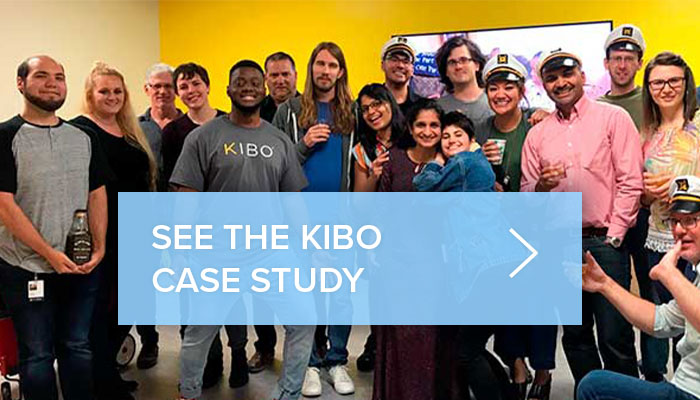
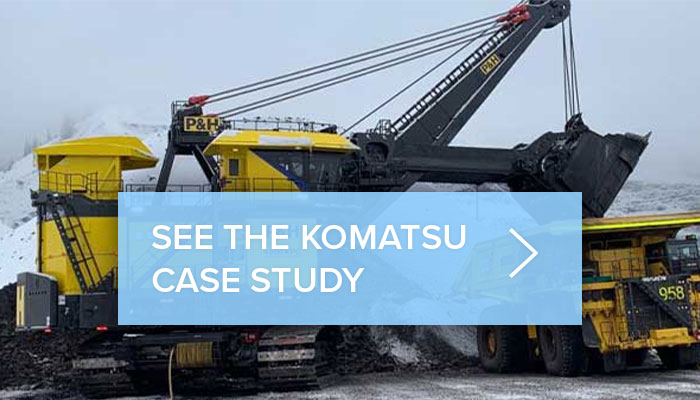


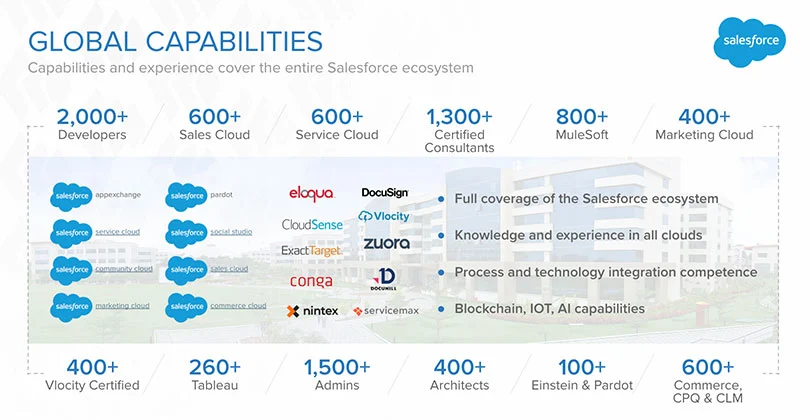
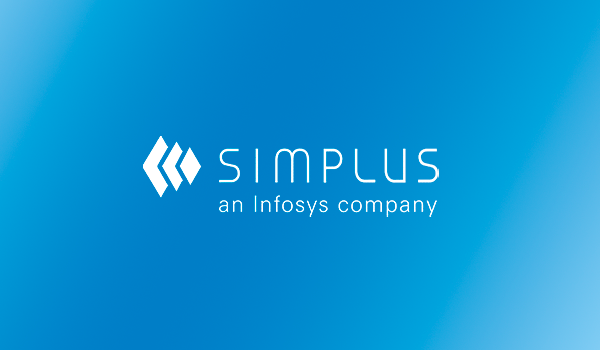

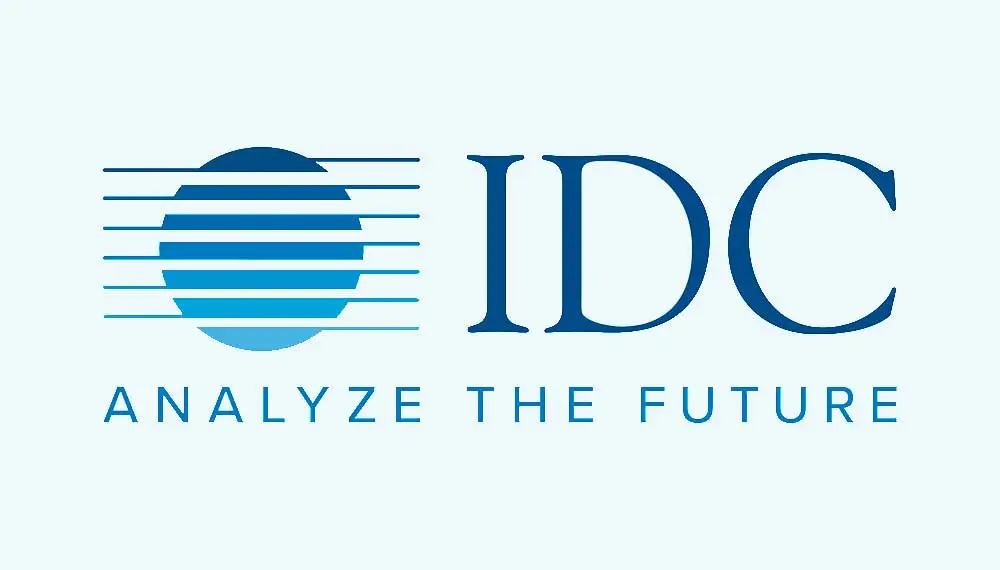






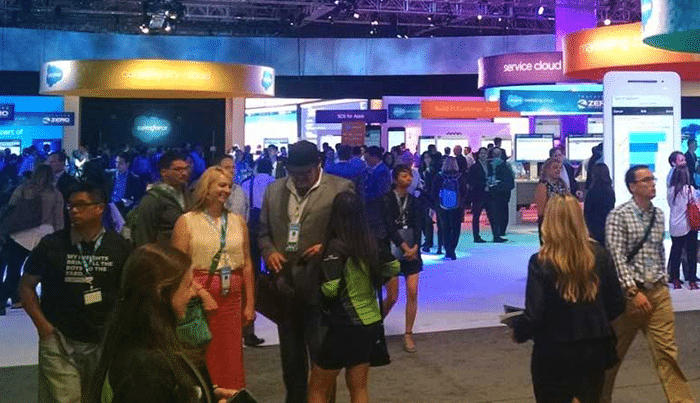













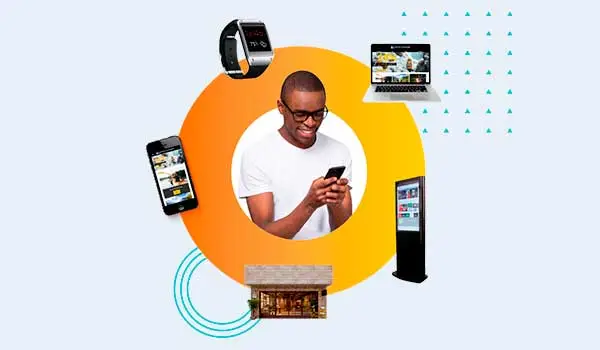
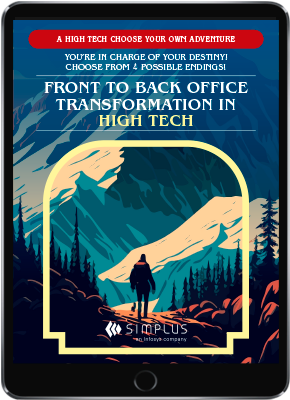
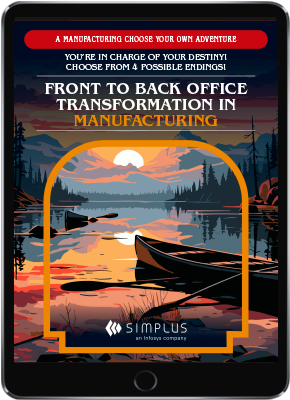
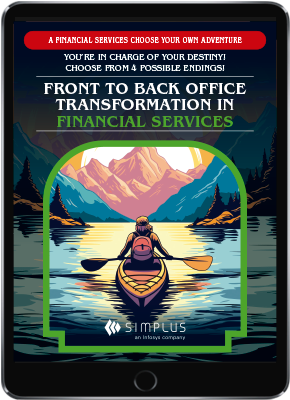




















0 Comments